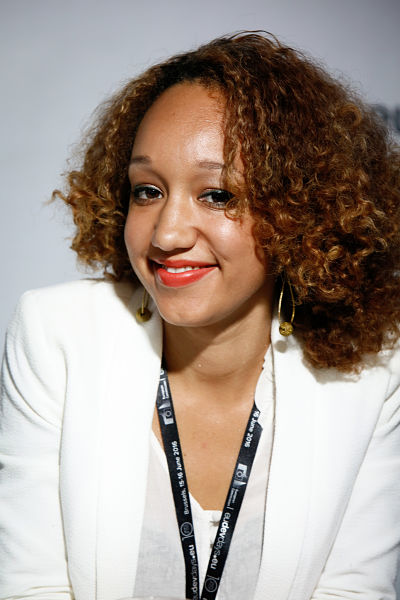When did you first start studying at Bristol?
I came to Bristol to do my PhD after having been awarded an ESRC-funded scholarship - after being inspired by the work of one of the lecturers in law, Dr. Clair Gammage. The MSc is a foundation year to the PhD and it provided me with the best introduction to a variety of legal, social science and socio-legal research methods.
What attracted you to the MsC course and/ or Bristol?
I chose to further my study at Bristol with an MSc in Socio-Legal Studies to develop my legal analytical and socio-reflective skill set - the course is not only intellectually stimulating but also a joy due to the immense emphasis put on self-reflection, critical thinking and channelling our passions to serve the community at large.
The MSc provides an excellent balance of legal and social science training to equip any student interested in tackling societal issues with a strong pluri-disciplinary approach. I believe the MSc Socio-legal studies provides a unique skill set, which can thereafter be used in a number of fields. Indeed, it keeps many doors open without being restrictive, since students are encouraged to explore their passions and use the different socio-legal approaches to answer the questions that interests them most.
What have you found most challenging about the course?
It is often challenging switching between a legal analysis and a theory-based one, or qualitative and quantitative research methods, which require different skills. However, this is also the intriguing part of the course - we are taught to be versatile, flexible and fluid in our intellectual approach as we are given a broad toolkit across socio-legal studies that we can draw from.
What skills are you developing as a result of taking part in the course?
I am developing strong analytical skills, from legal analysis to qualitative and quantitative research skills. The multidisciplinary nature of the course requires me to think critically, to be self-reflective, and to understand how the tools I am learning to use can better serve society.
What area of research are you finding most interesting?
I have found engaging in the socio-legal research methods and theory the most interesting, since I never knew how rich and under-explored the field was. Bristol is one of the leading socio-legal hubs globally and it is an honour to be taught by such leading academics.
Has there been a standout moment for you whilst studying at Bristol?
Having worked for the past 5 years in Brussels, I returned as a 'mature' student and the university was keen to engage with me in order for me to share some lessons on employability to current students. I think it is fantastic that beyond the course, there is an enabling environment which fosters student's appetite for knowledge, encourages critical reflection and a sense of community.
Did you get funding for the course? If so, where from and how has it supported your studies?
I received my scholarship from the ESRC 1+3 programme, administered by the South West Doctoral Training Partnership (SWDTP). It has allowed me to begin my path to fulfil one of my dreams to deepen my research on the subject that I am most passionate about - international trade from a socio-legal viewpoint.
How has being on the course influenced your thoughts about your future career - where do you hope to be in five years’ time?
The course has radically opened my mind to a new intellectual world, which has led me to critically reflect on my future and, importantly, my contribution to society given the important socio-legal tools that I am being equipped with. In five years’ time, I will have completed my PhD, including international overseas visits to other esteemed universities globally, and have myriad opportunities awaiting. I am keen to retain an academic presence while also contributing actively to society as advisor on international trade issues.
What advice would you give a student currently considering studying the MSc?
If you are passionate about this course and feel that it is right for you, the most important thing is to follow your passions. Your passions will never let you down. I am continually reminding myself of how grateful I am to be able to follow my passions, and study in an academic environment conducive of intellectual critical thinking with an orientation to better serve the needs of society around us. Being trained in both legal and sociological skills is such an asset, not only professionally, but also personally, and you will never reflect in the same way once you have done this course!
